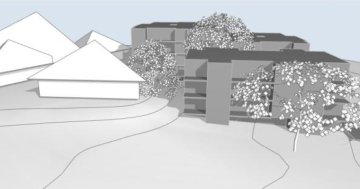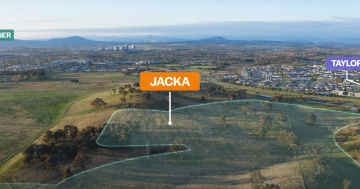This is going to sounds like a dumb question. But I’ve been told that if you purchase a house in the ACT, you don’t actually own the land – you will get something like a 100-year lease from the ACT government. However, if this is true, I don’t understand the land rent program, in which you can rent the land from the ACT government and at any time purchase the land from them. See here.
If you don’t actually own the land when you buy a house, then what do you get if you are in the land rent program and then decide to buy the land from the government? And if you can’t actually own land in the ACT, why would anyone buy here? Why not go to NSW where you actually own the land you live on?
Thanks for any help you can give me in clearing this up. We are from the US (via a 3-year stint in New Zealand) and the idea of paying the exorbitant prices for houses in the ACT, without actually owning the land that it’s on, is hard to understand.





















